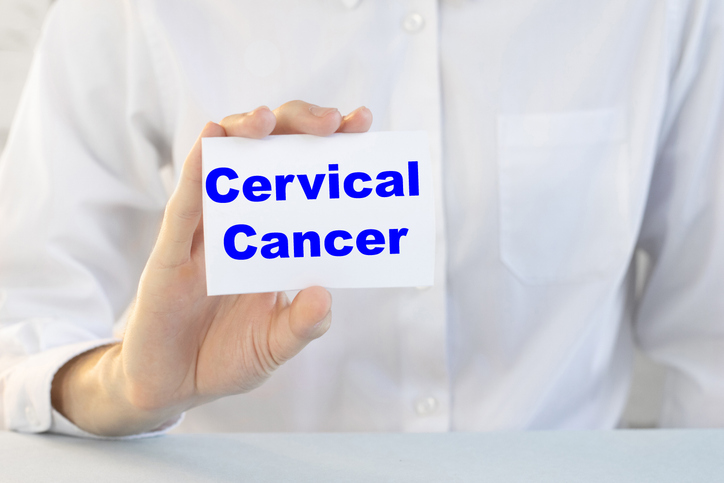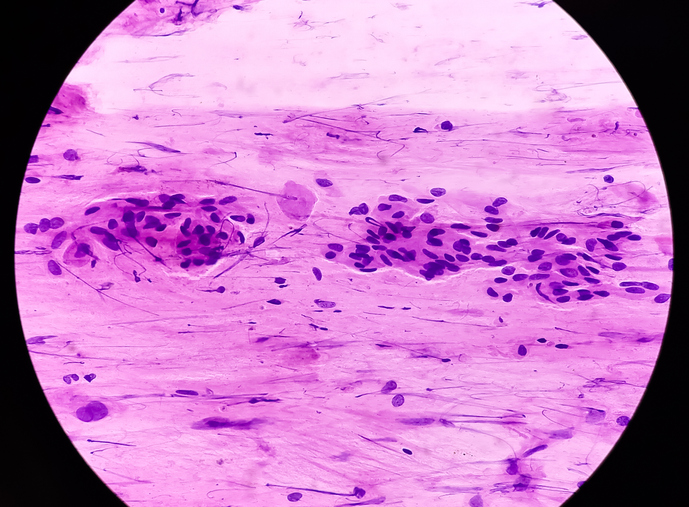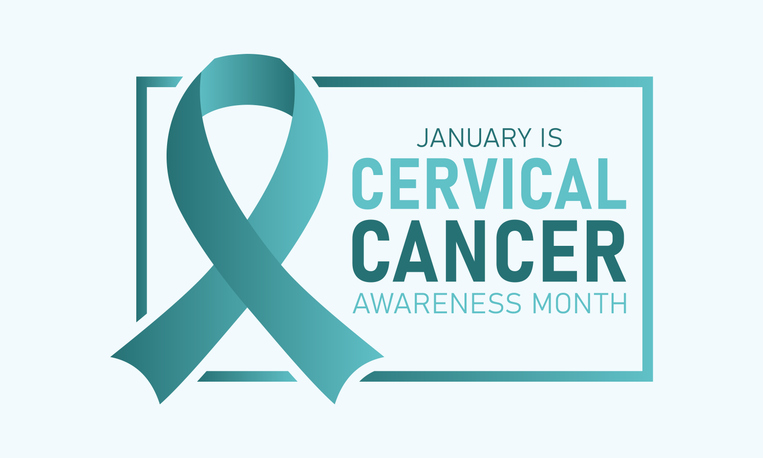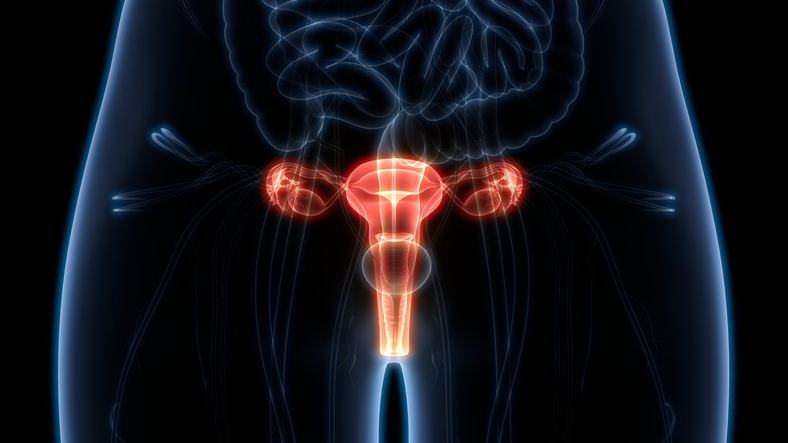
Although half of cervical cancers are diagnosed in women older than 49 years, preventive screening measures are lacking in women aged 45 and 65 years, according to a study published in Preventive Medicine.
Researchers analyzed results from three large studies: the Behavioral Risk Factor Surveillance System (BRFSS 2016; n=41,657), the Health Information National Trends Survey (HINTS 2017; n=740), and the Health Center Patient Survey (HCPS 2014; n=1,571). The cohort included women without hysterectomy who were aged 45 to 65 years.
Overall screening rates around 70%
In each study, Pap screening rates were 71% in the BRFSS cohort, 79% in the HINTS cohort, and 66% in the HCPS group.
“Early detection is key to preventing invasive, devastating, and potentially fatal cases of cervical cancer,” said senior study author Diane Harper, MD, MPH, professor in the departments of family medicine and obstetrics & gynecology at the University of Michigan Medical School, in a press release. “From a public health standpoint, screening of women under 30 is considered to be the least effective investment of resources, because cancer tends to develop in middle age. Meanwhile, if a woman is screened after age 42, there is an [eight] in 10 likelihood no cancer will be detected at her next screening a few years later—meaning they’re a vital way of catching problems early.”
According to BRFSS data, the following women were significantly less likely to report undergoing cervical cancer screening:
- Those 60 to 64 years old (aPR = 0.88; 95% CI, 0.85-0.91)
- Those living in rural locations (aPR = 0.95; 95% CI, 0.92-0.98)
Women with more education reported more screening (aPR = 1.20; 95% CI, 1.13-1.28), as did those with insurance (aPR = 1.47; 95% CI, 1.33-1.62). HINTS and HCPS supported these trends. Race and ethnicity were variable predictors of screening habits, depending on the survey.
Dr. Harper said a potential contributor to lower rates of timely screening is confusion about recommended screening intervals, as guidelines have changed several times in the past two decades.
Current cervical cancer screening guidelines recommend:
- Women aged 21 to 29 years get screened with a Pap test every three years.
- Women aged 30 to 65 years, after talking to their doctor, should get an HPV test every five years or a Pap test every three years.
- Women older than 66 years should ask their doctors whether they need continued screening.







 © 2025 Mashup Media, LLC, a Formedics Property. All Rights Reserved.
© 2025 Mashup Media, LLC, a Formedics Property. All Rights Reserved.